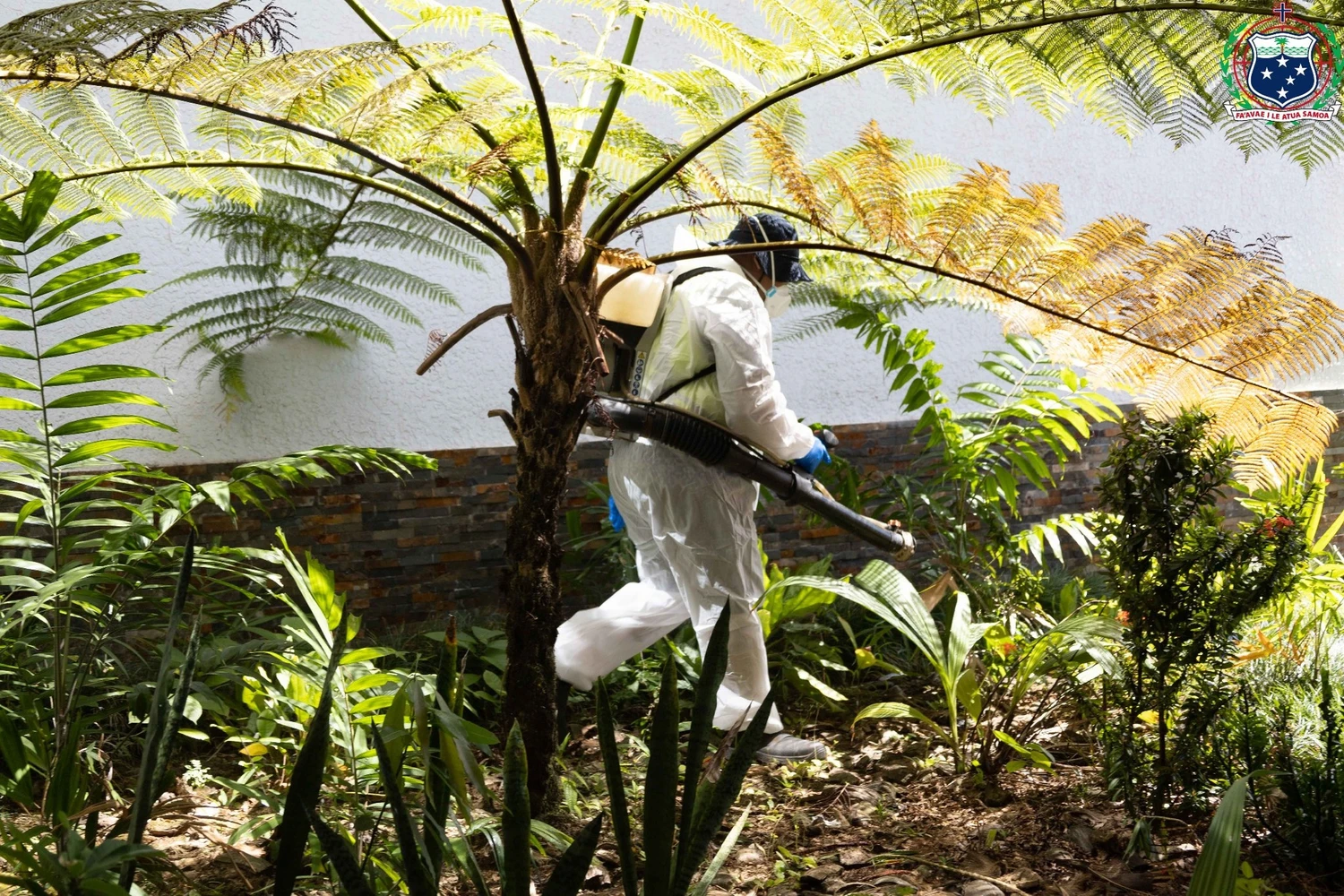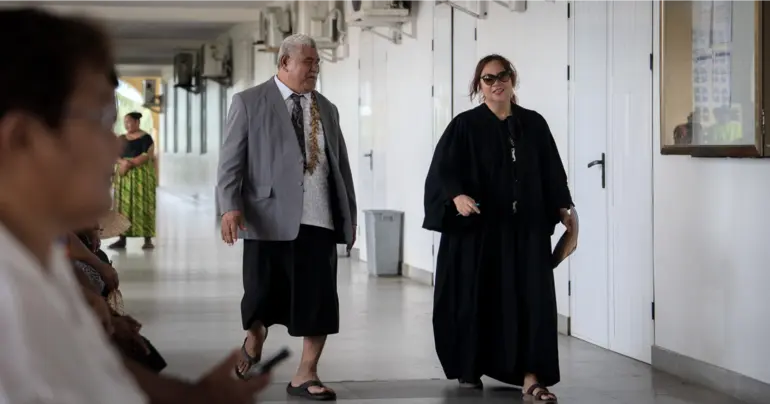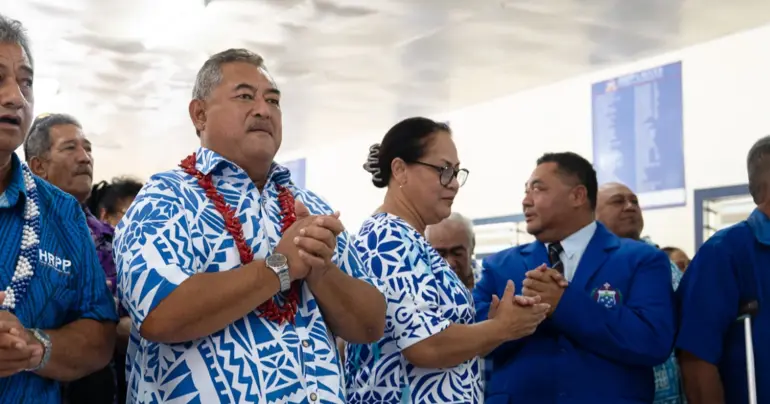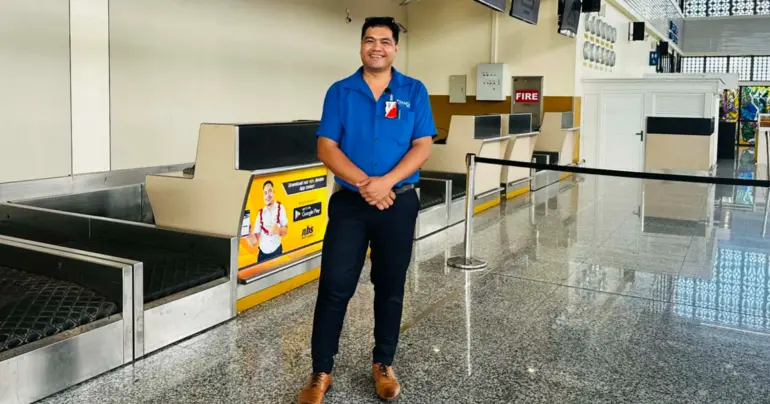Dengue response: Nationwide fumigation begins
 By Bethel Peato-Ale
•
27 July 2025, 10:20PM
By Bethel Peato-Ale
•
27 July 2025, 10:20PM
As Samoa faces a growing dengue fever outbreak, a nationwide school fumigation campaign in Upolu has been launched, aiming to disrupt mosquito breeding and slow the spread of the virus, particularly among children.
"This is a national effort, and we are calling on every family, every village, and every community to help make Samoa safe again," a Health Ministry spokesperson said.
The fumigation initiative officially began on Friday, 25 July 2025, with training for staff from the Ministry of Health, Ministry of Education and Culture, and the National Emergency Operations Centre (NEOC). Field operations commenced the following day, Saturday, 26 July, with fumigation teams dispatched to high-risk schools and surrounding areas.
To support the operation, all schools across Samoa have been temporarily closed from Monday, 28 July to Friday, 1 August, allowing fumigation to proceed without exposing students or staff to chemicals. The Ministry of Health is prioritising areas where the number of infections is highest, including the districts of Vaimauga, Faleata, Sagaga, and A‘ana Alofi.
The campaign comes in response to a sharp rise in dengue cases this year. As of 20 July 2025, the Ministry of Health confirmed 1,756 cases of dengue fever, with the majority affecting children under the age of 10. The outbreak was first declared in April after a spike in infections, with 703 laboratory-confirmed cases reported by mid-year. Tragically, two children have died, including a confirmed case of the more dangerous hemorrhagic dengue fever.
Alongside the government-led fumigation, villages across Samoa have also taken initiative by organising community clean-ups to destroy mosquito breeding sites. Families and matai are clearing rubbish, draining stagnant water from tires, containers, and tarps, and removing decorative plants like bromeliads (fala) that collect water.
The Aedes mosquito, which spreads dengue, thrives in stagnant water, and health officials have linked the outbreak to common mosquito breeding sites around homes, schools, and workplaces.
Parents are being advised to ensure children sleep under mosquito nets and to seek immediate medical attention if dengue symptoms appear. These include fever, rash, severe headache, nausea, and in severe cases, bleeding or abdominal pain. While most cases can be treated at home with rest and fluids, early intervention is key.
The Ministry of Health is continuing to monitor the situation and has pledged regular updates as the campaign progresses. The public is being reminded that cooperation at every level, from schools to households, is vital in stopping the spread of dengue fever.
 By Bethel Peato-Ale
•
27 July 2025, 10:20PM
By Bethel Peato-Ale
•
27 July 2025, 10:20PM











